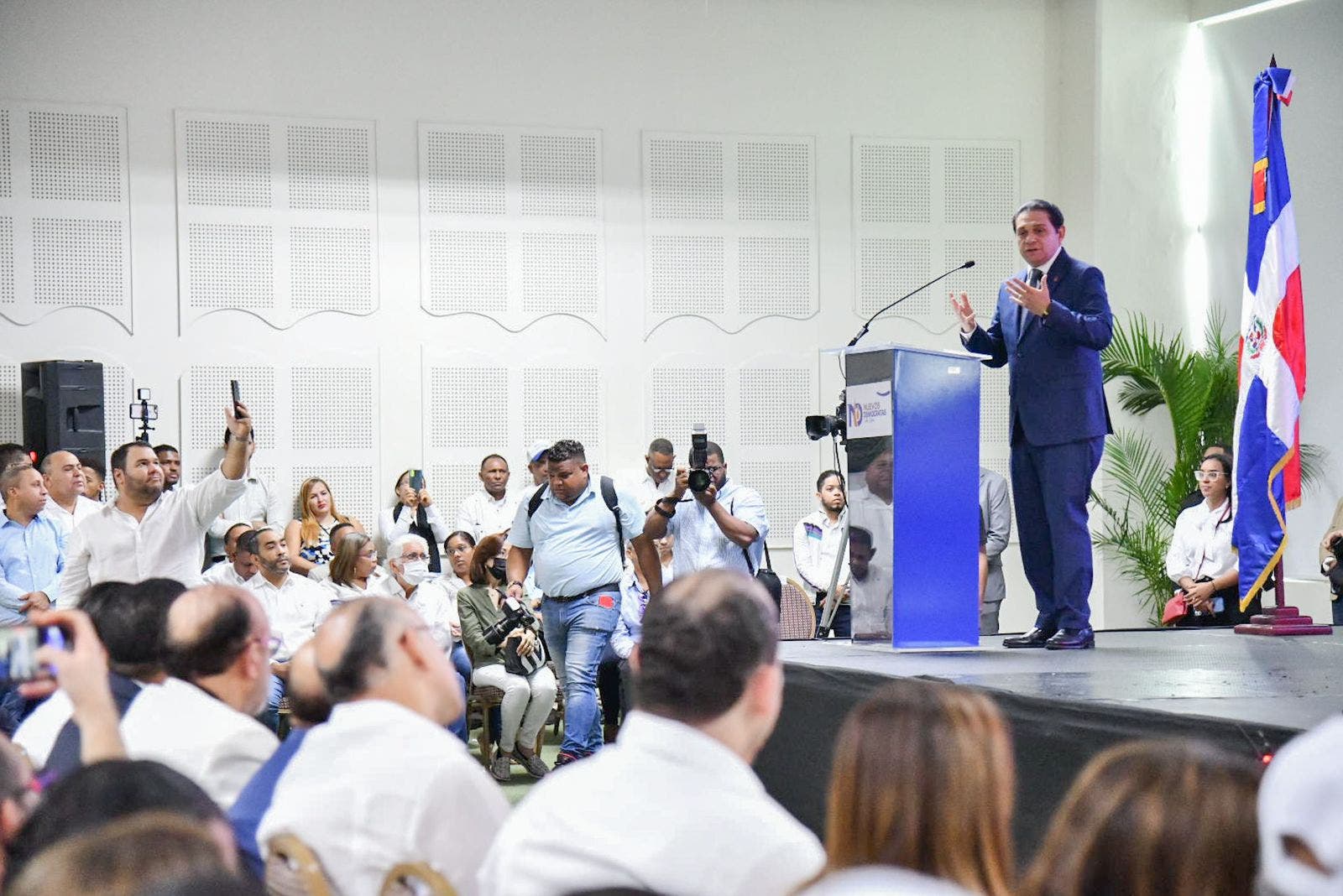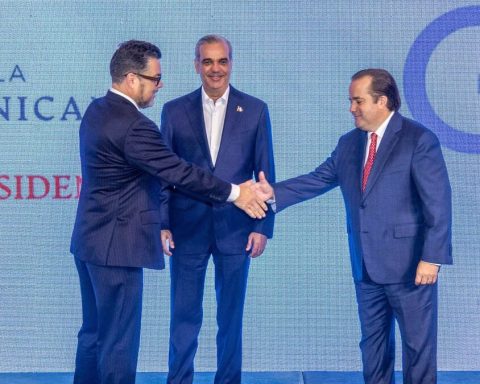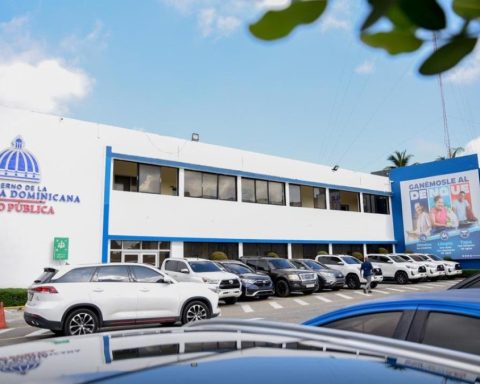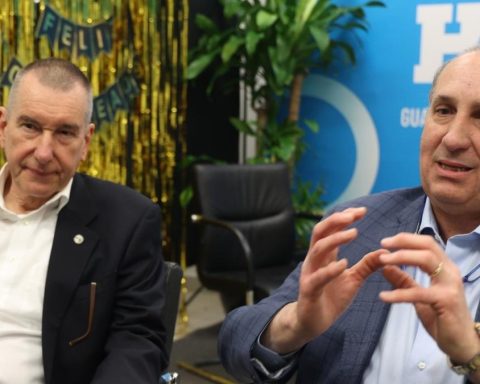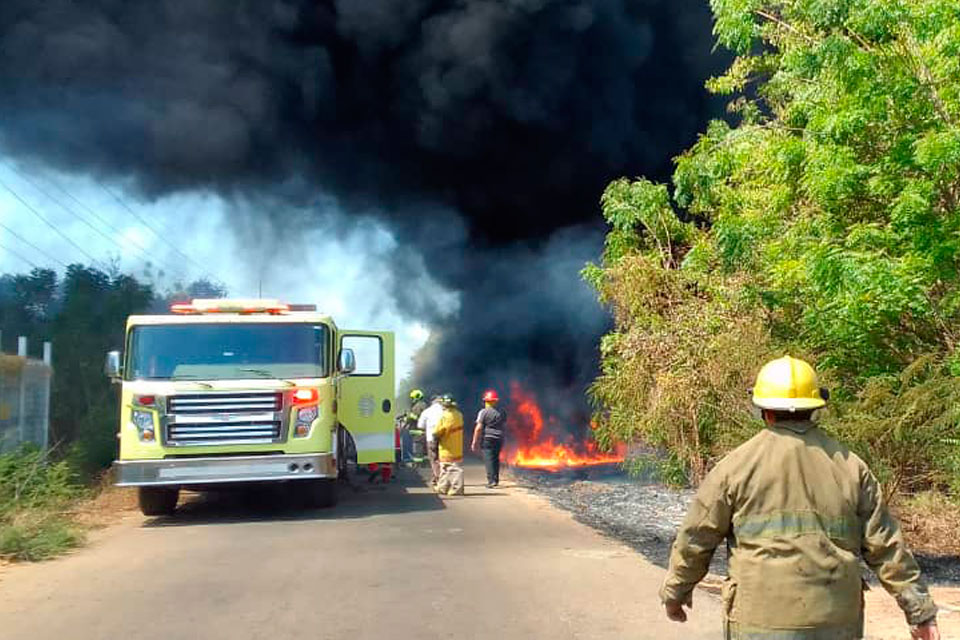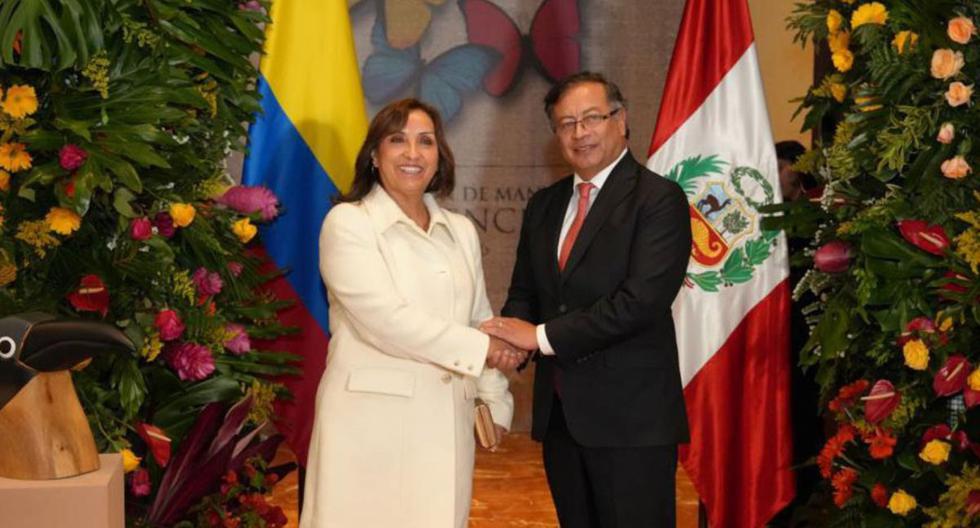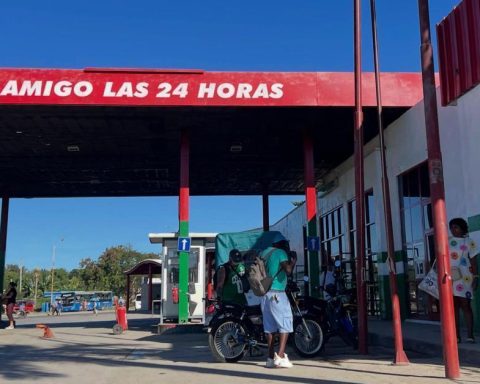SANTO DOMINGO.- The Minister of Public Health and Social Assistance, Dr. Daniel Rivera, gave a keynote speech at the UTESA University Convention Center entitled “Health Impact Strategy of the Luis Abinader government, in which he presented the executions of the government in health matters, highlighting that during the two years of management (2020-2022).
The minister said that some RD$5,126,266,797.59 pesos have been invested in infrastructure and equipment in 179 health centers, saving the State one five billion pesos.
He stated that the current authorities found the country in a state of emergency, as a result of the COVID-19 pandemic, without efficient protocol, for which they sought a quick and strategic response path, to implement in the face of the challenges and needs that it demanded. the nation at the time
Strategies implemented
The also president of the Health Cabinet highlighted the achievements made in the face of the COVID-19 pandemic, in which the country managed to guarantee vaccination for all citizens, was the third to apply the third dose, as well as to use the drugs Tocilizumab and REGEN -COV in seriously ill patients and one of the first in the world with the lowest lethality of the disease.
He also highlighted that the country was one of the five nations with the best vaccination rate, the sixth in Latin America to implement inoculation in children, the third in the region to carry out Genomic Sequencing, being recognized by the World Health Organization (WHO). /PAHO), for the strategies implemented during the pandemic.
«The health system did not have an emergency plan and we developed it, we streamlined the regulatory and training framework to act in the face of any pandemic, the first level of care is being renewed, we increased diagnostic capacity, implementation of mobile hospitals, relations with international organizations and public-private alliance and high training in human resources in health, through all these initiatives developed by order of our president Luis Abinader is that we have achieved what we are today in terms of health, “said Dr. Rivera.
In this context, Dr. Rivera maintained that the government gave a rapid response to any epidemiological situation that could arise after the passage of natural phenomena such as the passage of storm Fiona, preventive actions for monkeypox, cholera and other viruses.
infrastructures
In addition, he detailed the investments made in renovations, emergencies, new constructions, first level centers and in specialties such as hemodialysis, oncology units and diabetic foot, among others.
During his presentation, the official pointed out that President Luis Abinader has a great strategic vision to continue strengthening the health system in the Dominican Republic, such as the programs of healthy municipalities with the implementation of the Health Routes “Change your Style of Life” and the creation of sanitary cities in the provinces of San Francisco de Macorís, San Pedro and San Cristóbal.
“From our Ministry of Health we have impacted more than one hundred thousand people with the Health Route day in 17 provinces with some 35 services such as: evaluations, general consultation, pediatrics, blood typing, diagnoses, treatments and prevention oriented to non-communicable diseases, psychosocial support, medication delivery, affiliation with the National Health Insurance (SENASA) among other services.
Social programs
The Minister of Health highlighted the different social programs that are carried out in the health field, highlighting the increase in the budget made in the Essential Medicines Program and the Central Logistics Support Program (PROMESE/CAL), which went from RD$1,568 million in 2022 to 3,176 million in 2023 for essential medicines, benefiting around 17,000 low-income patients.
He argued that the government currently invests about 9 billion pesos annually in the Directorate of Access to High-Cost Medications, benefiting about 15,000 patients with chronic diseases.
Similarly, he indicated the work carried out by the National Health Service (SNS), SENASA, Uniendo Voluntades, the National Institute of Drinking Water and Sewerage (INAPA), the Ministry of Housing and Buildings, among others.
